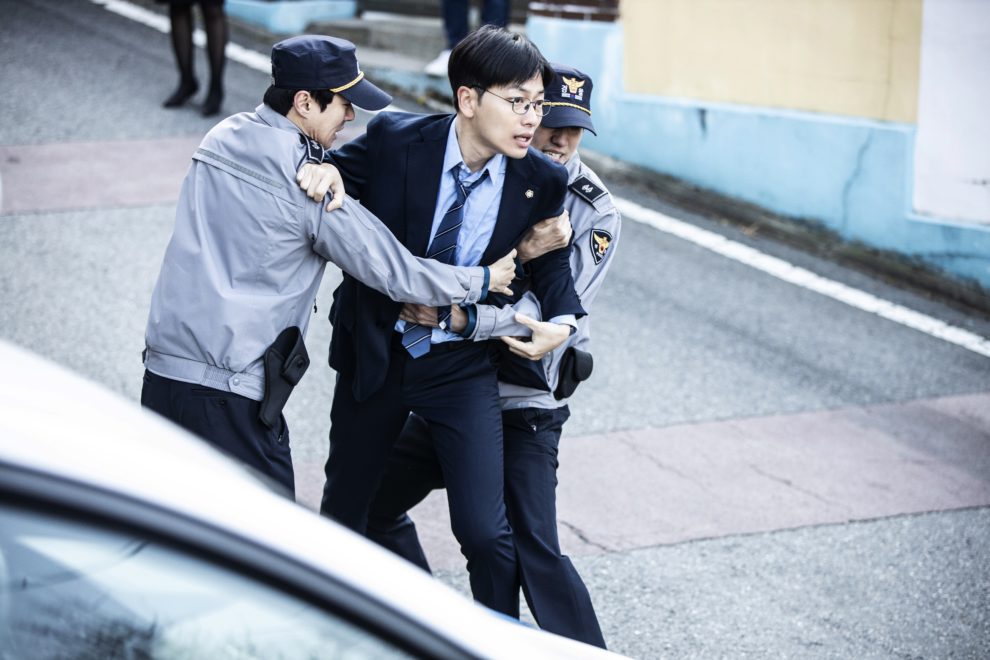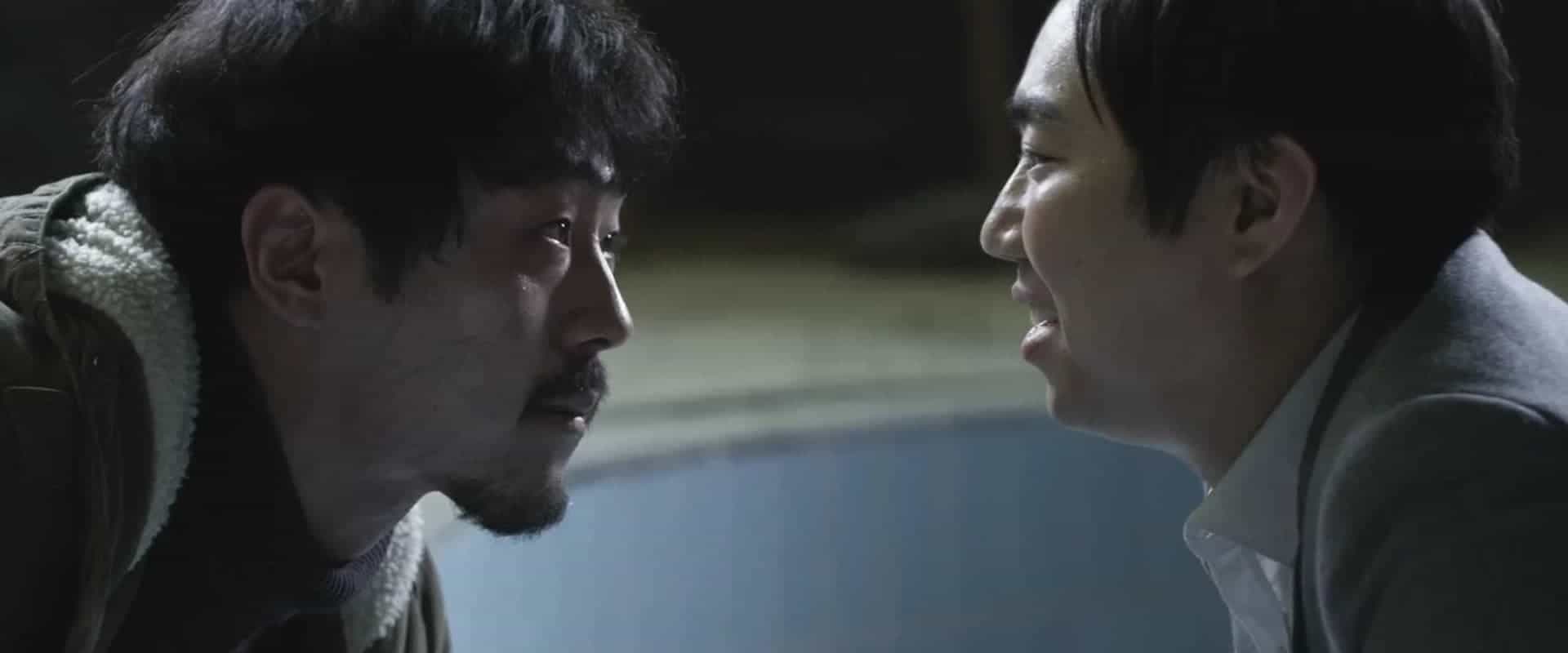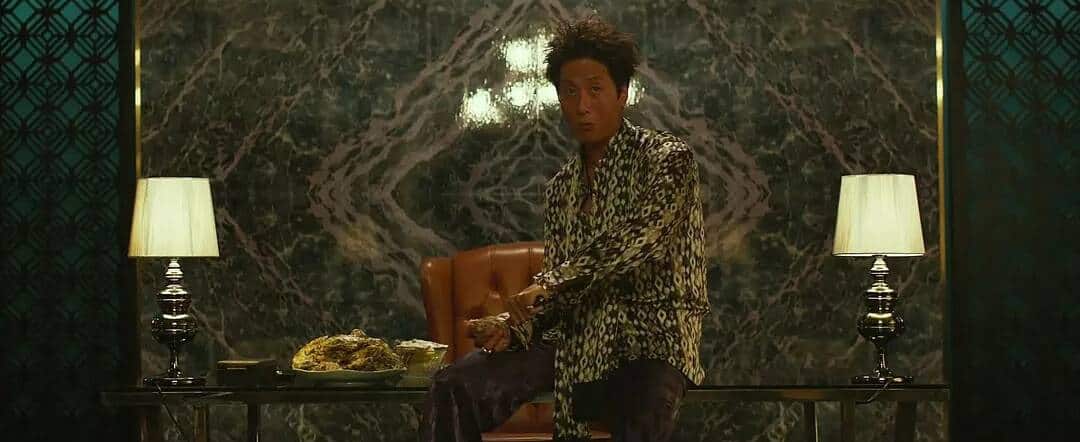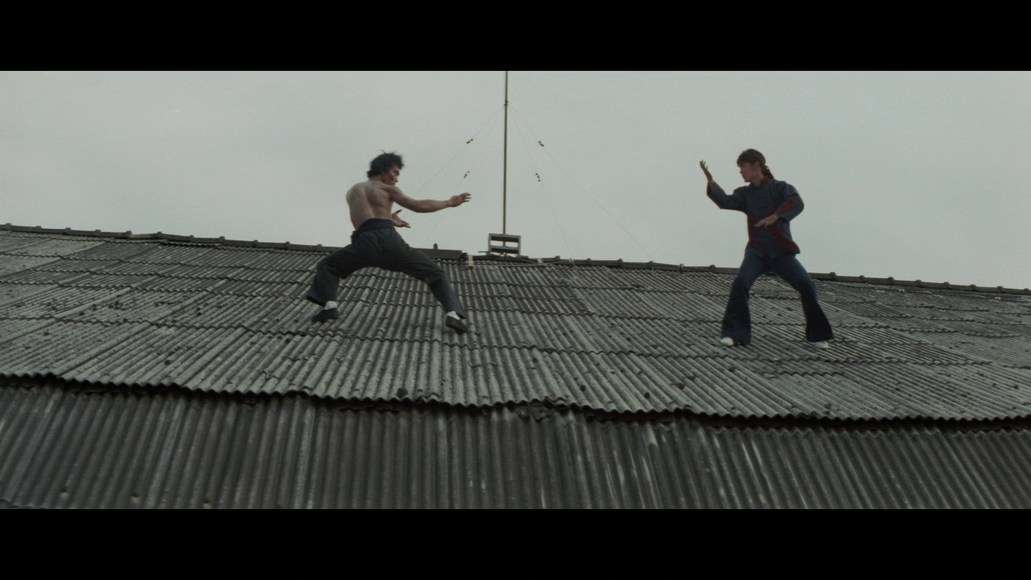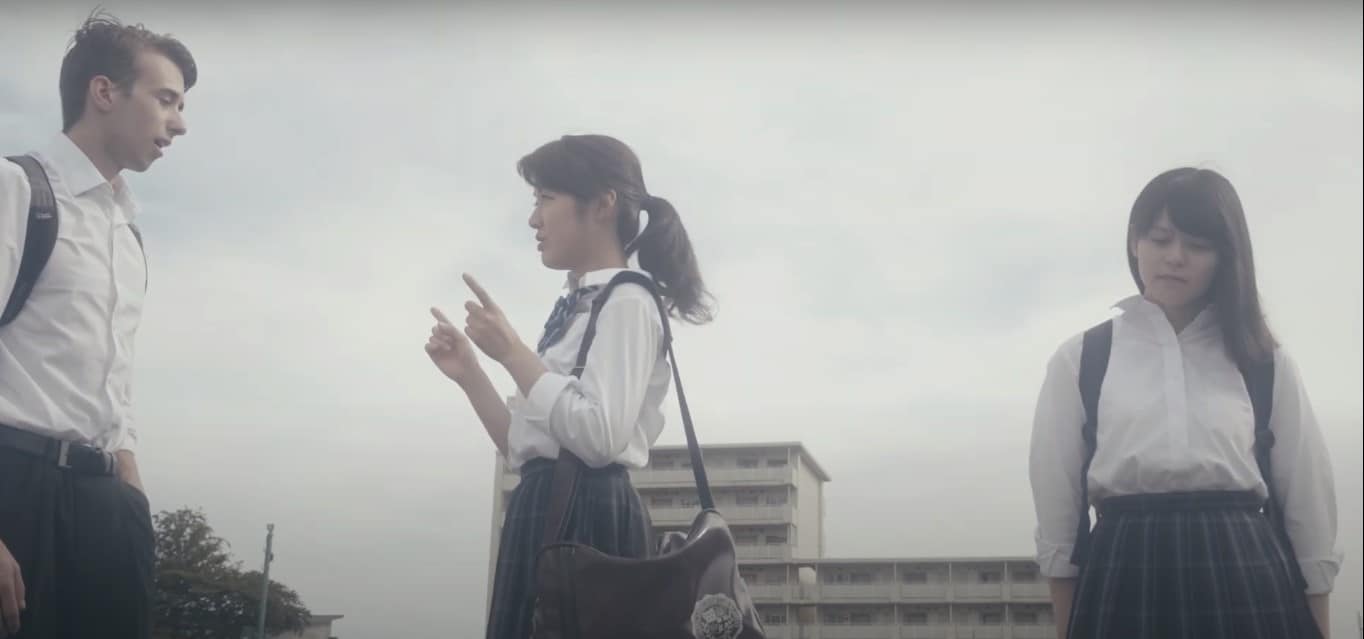The subject of domestic violence against children is a very delicate one that has often been interpreted in cinema to various degrees of success. Hirokazu Koreeda's “Shoplifters” is probably the most famous Asian production to touch on the topic, while in Korea, “Miss Baek” a couple of years back, told a very strong and necessary story on it as well. The K-Drama “Mother”, itself an adaptation of a Japanese tv drama, is also a series worthy of mention on the issue. Seven years after his last work “I am the King”, director Jang Gyu-sung returns to tell yet another story, purportedly based on a true story, on the subject.
Small-town resident Jang-yeob, who has studied to be a lawyer, is having a hard time finding a job in Seoul with a good law firm. To help his sister out, at whose place he's crashing, and to be active until he finds his dream placement, he takes up a job at the local Children's Aid Centre, where he meets sister and brother Da-bin and Min-joon. The two might seem bright and bubbly on the outside, but at home, they are going through a hell of their own, with their stepmother physically abusing them at every small misstep. Unable to get rid of them but unwilling to go out of the way on what he takes as temporary work, Jang-yeob babysits the two for a few days after school, but when a lucrative job offer comes in from Seoul, he immediately departs. However, when a tragedy inevitably occurs, he decides to no longer sit back and makes up his mind to do something about it.
Jang Gyu-sung's script, which he co-wrote with Min Kyung-eun, takes a very real-world issue and spins an engrossing tale around it. Specifically, it succeeds in showing the inability of the authorities and interested parties to act in time to save the children from suffering. The Children's Aid Department has their hands tied behind laws and the limitations of their duties, the police put it down as strict parenting and disciplining while the teachers dare not say anything lest they face the wrath of the parents. Despite a very serious subject and tone in the second half, Jang keeps things rather light in the first half, particularly in the interactions between Jang-yeob and the two children as well as the scene involving the two children with themselves, which are both touching and heart-breaking.
The narrative is, however, guilty of exaggerating certain scenarios just for the sake of sensationalism. Which teacher, after all, would ignore a child they clearly know is suffering, just when the child is evidently finally trying to open up to them and is carrying visible scars? Also, one of the key features that worked for “Miss Baek”, for example, is that it never was afraid to show the full extent of the violence, making the feature far more impactful. Here, while you do see a fair amount, Jang's camera shies away at opportune moments, somewhat diminishing the impact of the abuse. Besides Jang-yeob and the children, the script also suffers from rather one-dimensional characters. While there is an attempt to give some roots to the stepmother in the final outburst scene in the courtroom, she comes across as a 15+ rated version of a Disney stepmother for the most part.
“My First Client” scores in the acting department, with Lee Dong-hwi impressing in one of his rare outings as the lead actor. His transformation from the carefree Child Aid Department worker determined to achieve success to the gentle ajhussi (a respectful Korean term for an elder, unrelated male) who becomes the only person that Da-bin will communicate with is well-performed, as are his outbursts in Da-bin's apartment and the courtroom. Yoo Sun is sufficiently menacing as the stepmother Ji-sook; every time she pulls her hair-tie out, you just know things are not going to end well for the children. But the real stars here are the two young actors Lee Joo-won as Min-joon and especially Choi Myung-bin as Da-bin. The two manage to garner sympathy and affection from the audience effortlessly and Choi, in particular, gets a lot of emotional weight to carry, which she does expertly. There is just something about child performances in Korean productions that do not fail to impress and “My First Client” is yet another instance that consolidates that fact.
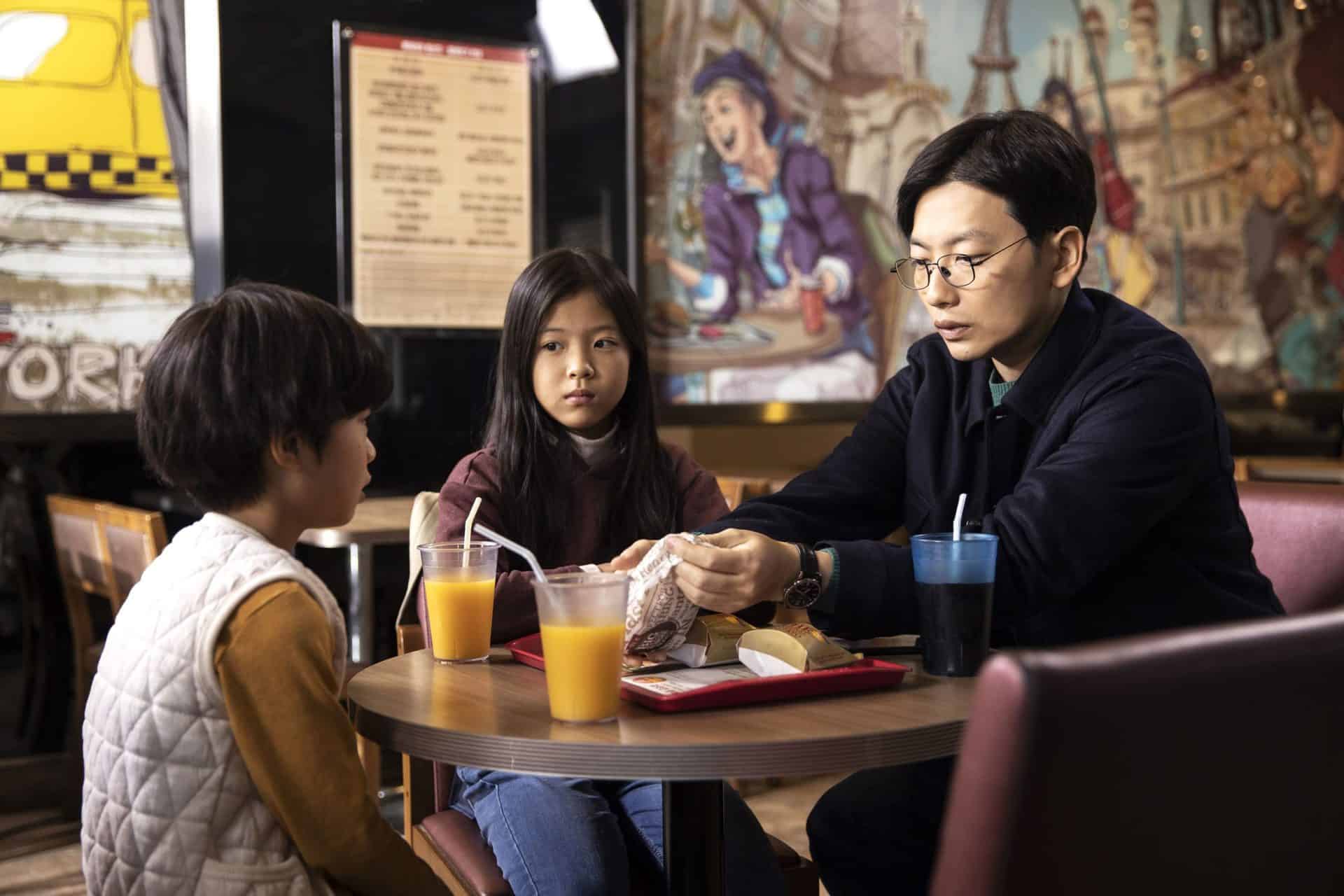
To talk about technical merits in a feature of social importance sometimes seems like an exercise in futility, but cinematographer Jo Jung-hee doesn't try anything fancy, instead focusing on picturing the story organically. The editing also keeps the narrative at a steady pace and helps build the story to its searing climax, without ever feeling bogged down by unnecessary scenes.
“My First Client” may not be the first film on this very important subject and, if the numbers shown before the end credits are an indication, will sadly not be the last one either probably, unless some hard reform is brought into place. Nevertheless, it succeeds in doing what it sets out to do, which is to once again bring to discussion the very real issue faced by victims who are completely helpless to fend for themselves and a societal and legal system designed in a way that is severely lacking in help for the sufferers. It may not be a perfect motion picture, but it is still very relevant and, unsurprisingly, will remain timely.


